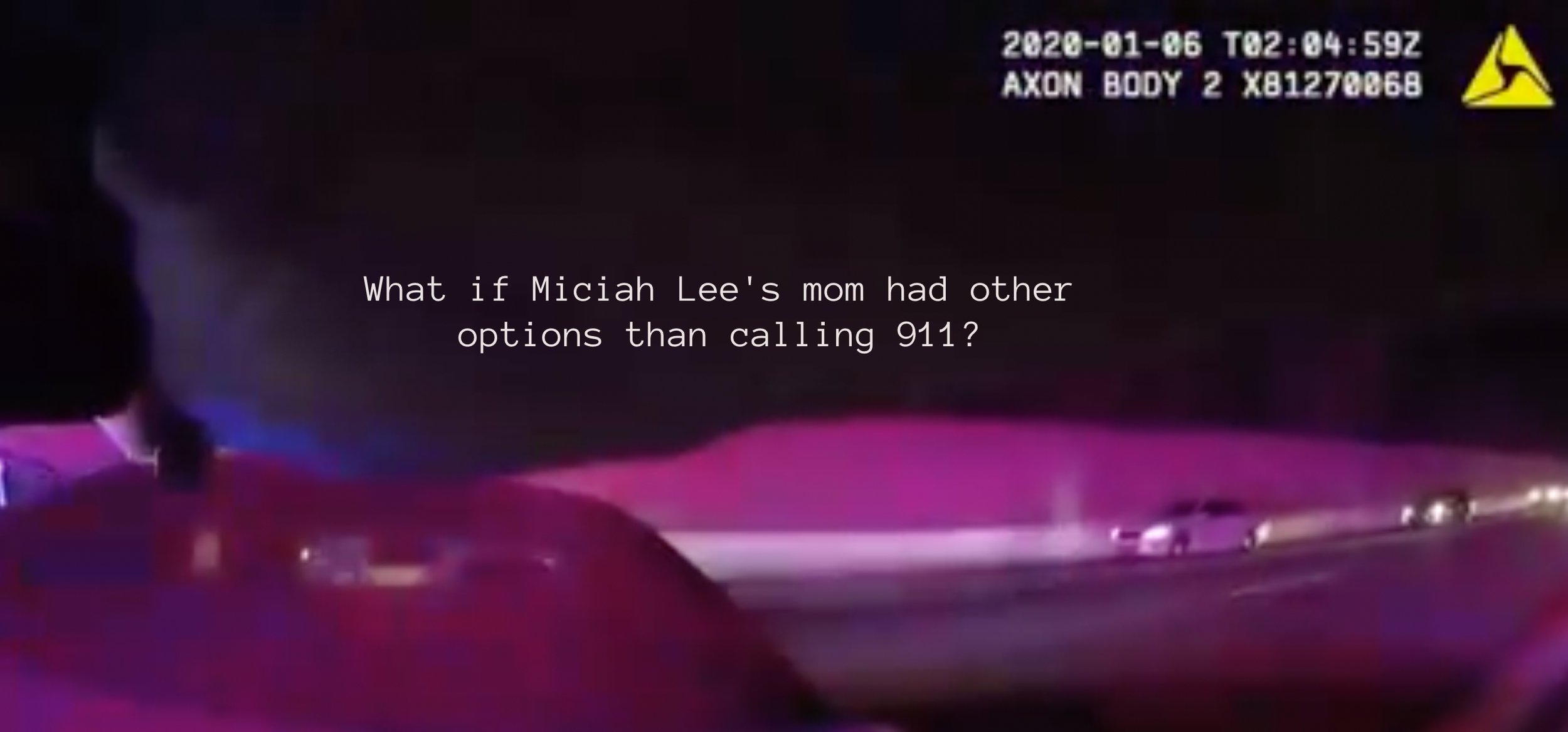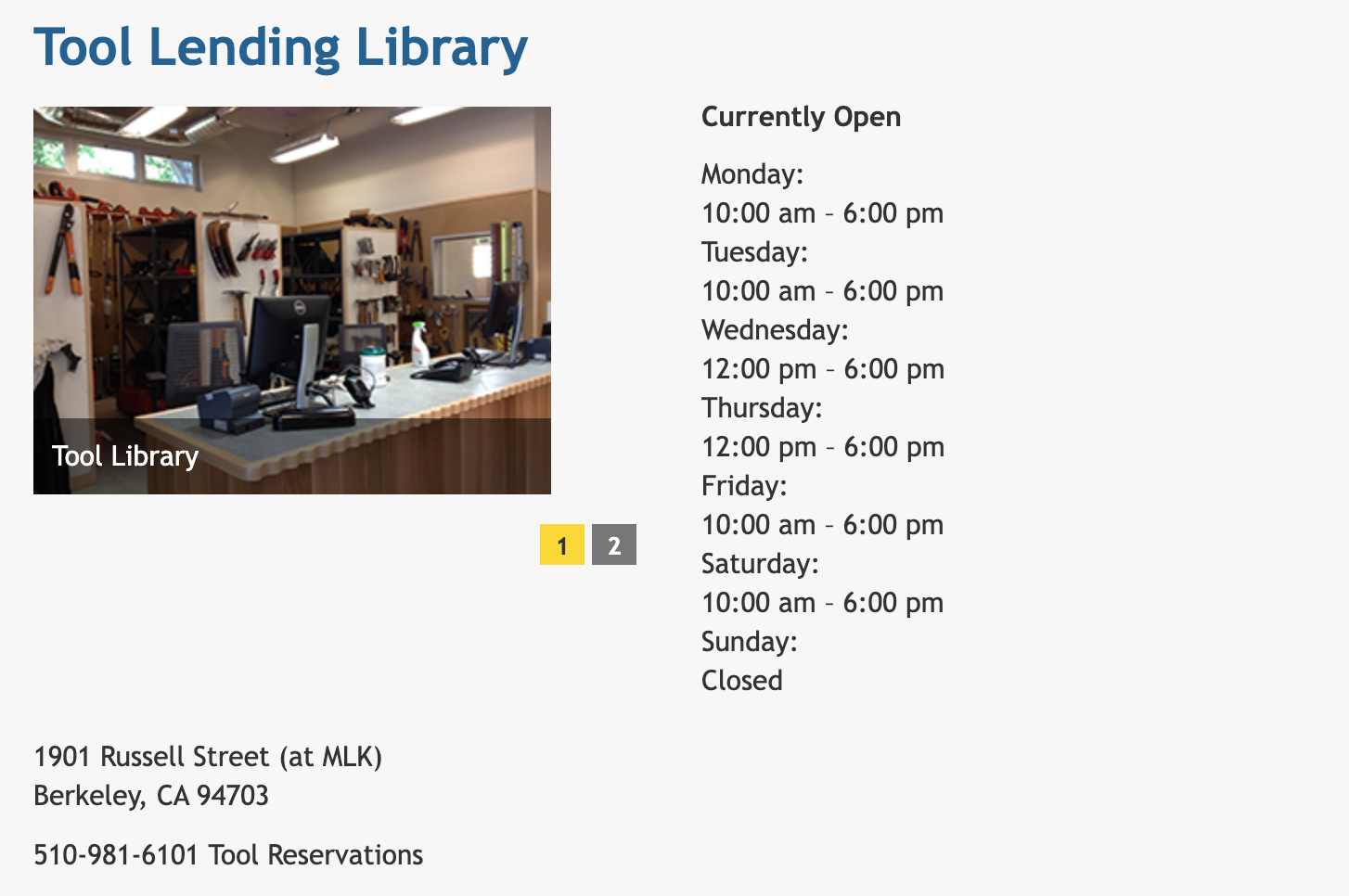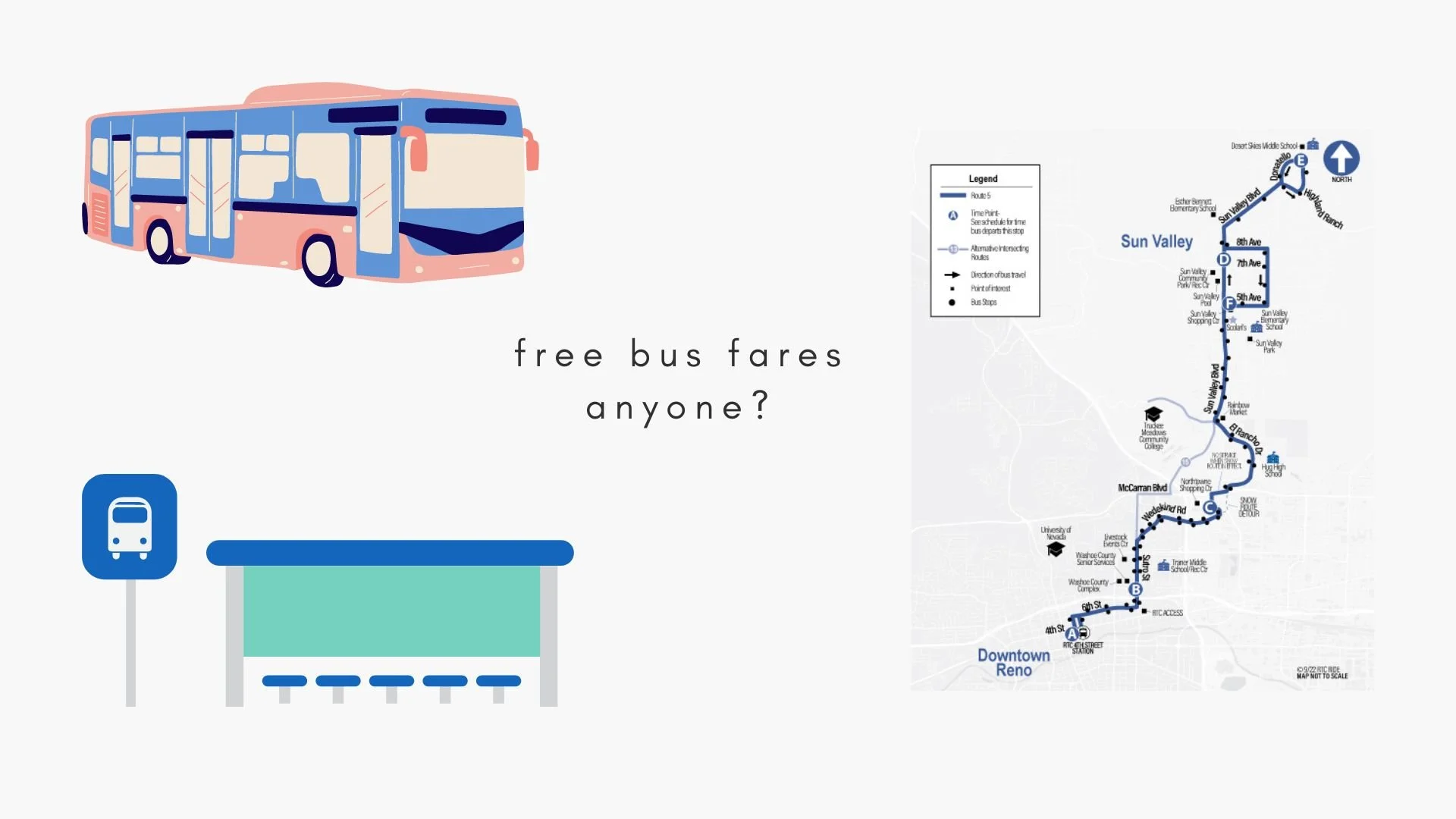Reno’s City Manager Doug Thornley is indicating to media he wants more police officers, who now make nearly six figures in average base salary.
We already have 346 sworn officers.
What about instead of adding armed officers we add unarmed professionals who would go into the community whenever there’s a situation which could be defused with more expertise and compassion than just shouting orders, intimidating and being aggressive at any sign of resistance?
Recent studies indicate a quarter of those killed by police in recent years in the U.S. displayed signs of mental illness. In many cases, here and elsewhere, someone who needs medical or psychological help ends up in handcuffs.
There must be better ways.
Eugene, Oregon, has been sending CAHOOTS (Crisis Assistance Helping Out On The Streets) out on the streets for more than 30 years, with impressive results. We have versions of mobile hybrid teams in Reno, but why not scale it up and make it an integral part of 911 responses?
Outreach teams in Eugene consist of a mental health crisis worker and an EMT (emergency medical technician, or paramedic), without any police presence.
The collective the White Bird Clinic initiated the project. In Reno, we have many mutual aid groups which could spearhead the project.
RISE was given the contract to run the Our Place shelter a few years ago, so it’s not unheard of for activists to finally be taken seriously.
In Eugene, 911 calls are routed to CAHOOTS when deemed appropriate. One recent year, CAHOOTS required backup from police only 0.00625% of the time, with over 20,000 calls.
CAHOOTS is funded by the city with an annual budget of roughly $2 million, but is estimated to save the Eugene Police Department an average of over $8 million a year. In addition to that, it saves Eugene an additional yearly $14 million in ambulance and emergency room costs.
Denver and Olympia, Washington are now trying similar programs, with similar results.
Closer to us and more recently, Nevada County in California two years ago created a mobile crisis team to defuse volatile situations and get more people into services or treatment rather than in the back of police cars.
San Mateo County, Pleasanton, Palo Alto, Santa Maria, Sacramento County, Humboldt County and Modesto are pairing law enforcement with behavioral health clinicians, while the LA Police Department recently moved a mental health unit from being secondary providers to becoming frontline responders. In the Bay Area, Oakland has funded a pilot program to send emergency medical technicians and counselors to respond to non-violent calls, while San Francisco has announced it is replacing police officers with unarmed professional to deal with the unhoused.
Here in Reno, we also have the blue-shirted downtown ambassadors but their conduct as we’ve documented has been less than pristine in several situations. Plus, they get limited training and poor pay, making them less than ideal candidates to be truly effective beyond suggesting resources.
Reno, and your powers that be, what do you say? What about deploying more social workers, case workers and mental health professionals instead of beefing up our number of police officers?
Our Town Reno reporting, January 2023










































